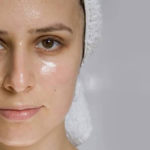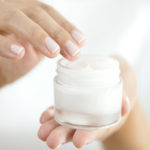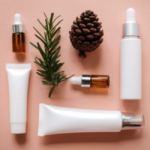Skin darkens after using retinol
Retinol is a vitamin A derivative belonging to the retinoid group, acting as a cell turnover component, neutralizing free radicals within the skin, increasing cell regeneration process, and stimulating collagen production.
Retinol is a first-generation retinoid, less stable, and easily degraded by sunlight. However, darkening is an initial reaction when first used (increased pigmentation after inflammation) as well as newly developed cells are more susceptible to sunlight.
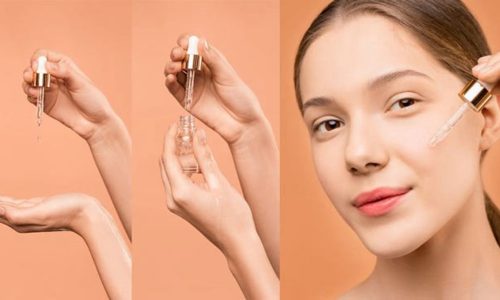
This change in the skin affects the epidermis and deeper layers of the skin. Therefore, at this time, the skin will undergo a thinner process and needs time to recover. During the recovery period, the skin will be more sensitive to light and more prone to sunburn.
Due to retinol’s stimulation of collagen production, promotion of new cell development, and thickening of the skin, the skin is prone to peeling at the beginning. The peeling condition can be easily resolved, but if prolonged and repeated multiple times, it can lead to skin inflammation, increased pigmentation, and skin darkening.
Retinol comes in different concentrations, so it is necessary to determine the purpose and goal when choosing to use retinol for treating acne or reducing wrinkles, preventing aging, and achieving even skin tone.
The peeling condition only appears at the beginning of use and then gradually decreases. Therefore, it cannot replace dead cells in the skincare cycle.
How to fix skin darkening when using retinol
– Only use retinol in the evening to avoid sun exposure.
– Use the lowest concentration to minimize irritation. Once the skin becomes accustomed, you can increase the concentration and frequency of use, but only use it 3 times per week.
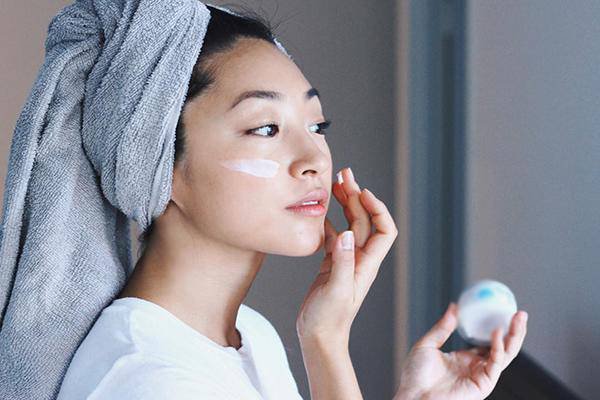
– When first using retinol, your skin is prone to irritation and sensitivity. Use a moisturizer or serum at the same time.
– Do not use exfoliating products on the same day as using retinol.
– Be persistent in using retinol for 8-12 weeks to gradually fade melanin. After that, follow the instructions of a dermatologist or skincare specialist for the reapplication process.
– If your skin reacts strongly, itches, or has an allergic reaction, stop using retinol to avoid worsening the skin condition.
– Always use sunscreen during the day, even if you are not going outdoors. Reapply sunscreen every 2-3 hours if exposed to sunlight.
– Wear long-sleeved clothing, wide-brimmed hats, and sunglasses to shield from sunlight.


























